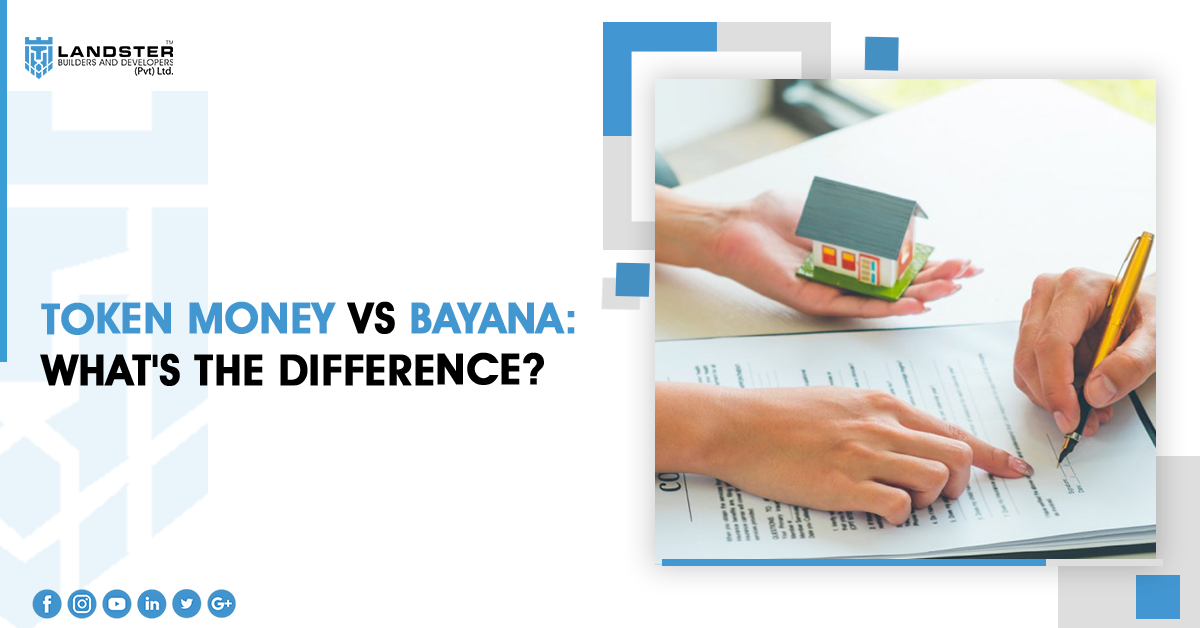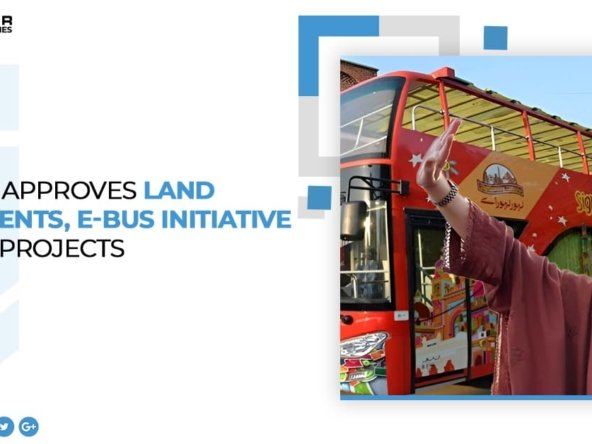Get To know About Token VS Bayana
When you are unaware with basic , the real estate market can be tough and ruthless. The last thing you want is to come off as a newbie and be intimidated by the market’s real estate professionals.
Some of the most common terms you’ll hear before buying a house are token money and Bayana.

Let’s talk about the terms Token Money and Bayana.
Token Money
So, what exactly is token money? Token money is a little sum of money presented by the buyer as proof of serious intent to . The token payment is paid once the buyer and seller have reached an agreement on the selling price.
This token will cause the seller to stop any conversations with other parties until the buyer completes the transaction. In most circumstances, these agreements are handled by an agent who has access to the of all parties involved.
The agreement will be signed against all of the on the agent’s letterhead when dealing with an agent who is directly linked with the particular society. The token amount, buyer and seller names, property information, and the time period within which the buyer must complete the remaining payment are all included in the information. Token amounts are divided into two categories:
- Conditional token
- Confirmed token
Conditional Token
A conditional token is one that is given to you on the condition that you follow certain rules. When a buyer decides to acquire a property, a token sum ranging from PKR 25,000 to PKR 100,000 is paid, depending on the property’s worth. If the deal falls through for whatever reason, the token money is returned to the buyer with no penalty.
Furthermore, once the conditional token has been paid, the agent can check the with the relevant society to ensure that the seller is the true owner of the property.
For this stage, the seller gives written consent to the relevant government sharing possession and legal status information with the buyer, whose name and CNIC number are also listed on the application. A photocopy of the land owner’s is attached to the application.
Confirmed Token
The legal token amount paid on the basis of a mutual agreement between the buyer and the seller is known as the confirmed token. All of the terms and conditions will be included in the agreement. The terms will include details such as the deadline for paying the bayana, the property’s selling price, and the penalty charges if one of the parties decides to back out of the transaction. If the buyer exceeds the bayana deadline, the token money is wasted.
If the backs out of the contract, he or she must pay the buyer twice the amount of the token money. Confirmed tokens are more valuable than conditional tokens but less valuable than bayana payments. The bayana is the next step after the token is paid.

Bayana
Bayana is a signed agreement on stamp paper with the buyer and seller’s conditions. It is usually made one week after the token amount payment has been made.
The timeframe for the transfer of ownership between the buyer and seller, as well as the payment of the remaining sum, are among the criteria (usually paid within 30 days).
Bayana is a token provided by the buyer to the seller to demonstrate the buyer’s intent and willingness to purchase the property.
Bayana’s goal is to make it easier for buyers to get financing for their purchases. Unlike a token, however, it follows the contract, and the bayana’s terms and conditions are normally included in the contract.

The contract also specifies what will happen to the bayana if the deal goes through. If the contract falls through after the bayana owing to issues on the seller’s end, the seller is legally obligated to pay double the bayana price.
If the buyer back out, the bayana money is lost.
During this time, the relevant society generates a Statement of Dues (SOD), which lists the outstanding dues that must be paid before the transfer.
The vendor then submits an application for a No Demand Certificate (NDC). The society provides the NDC, which demonstrates that the seller has no additional requests.
Token money and bayana are two very similar but distinct concepts that are used interchangeably in various contexts. It’s important to remember that each community has its own transfer mechanisms.
DO READ
Which One Should You Invest: An Apartment Or A Penthouse?
Continue to visit our blog area to discover more about the latest updates, Real Estate News. Also, stay up to date by subscribing to our, YouTube channel, Facebook, Instagram, and Twitter handle. You may contact us at hello@landster.pk if you have any questions or comments.




